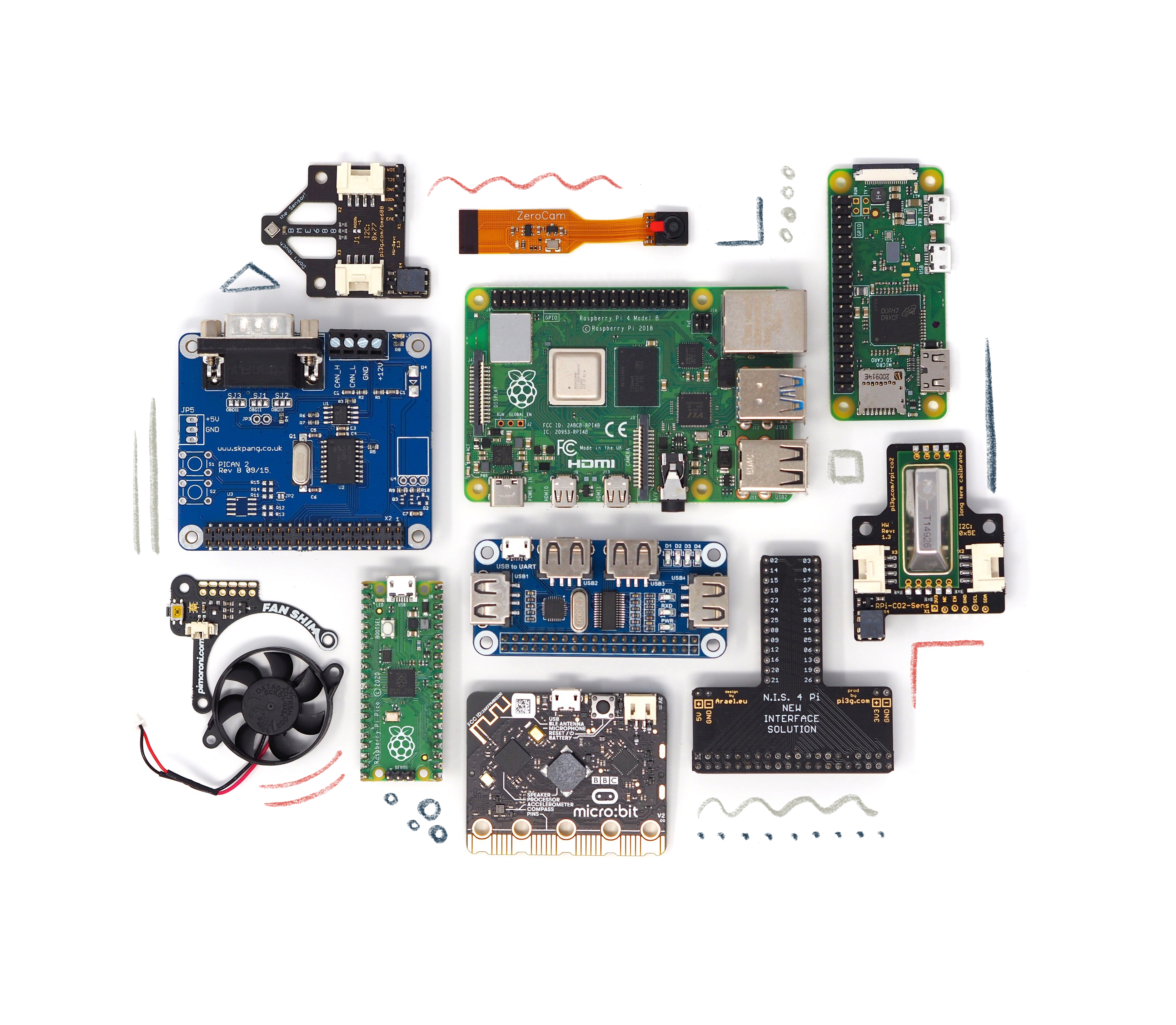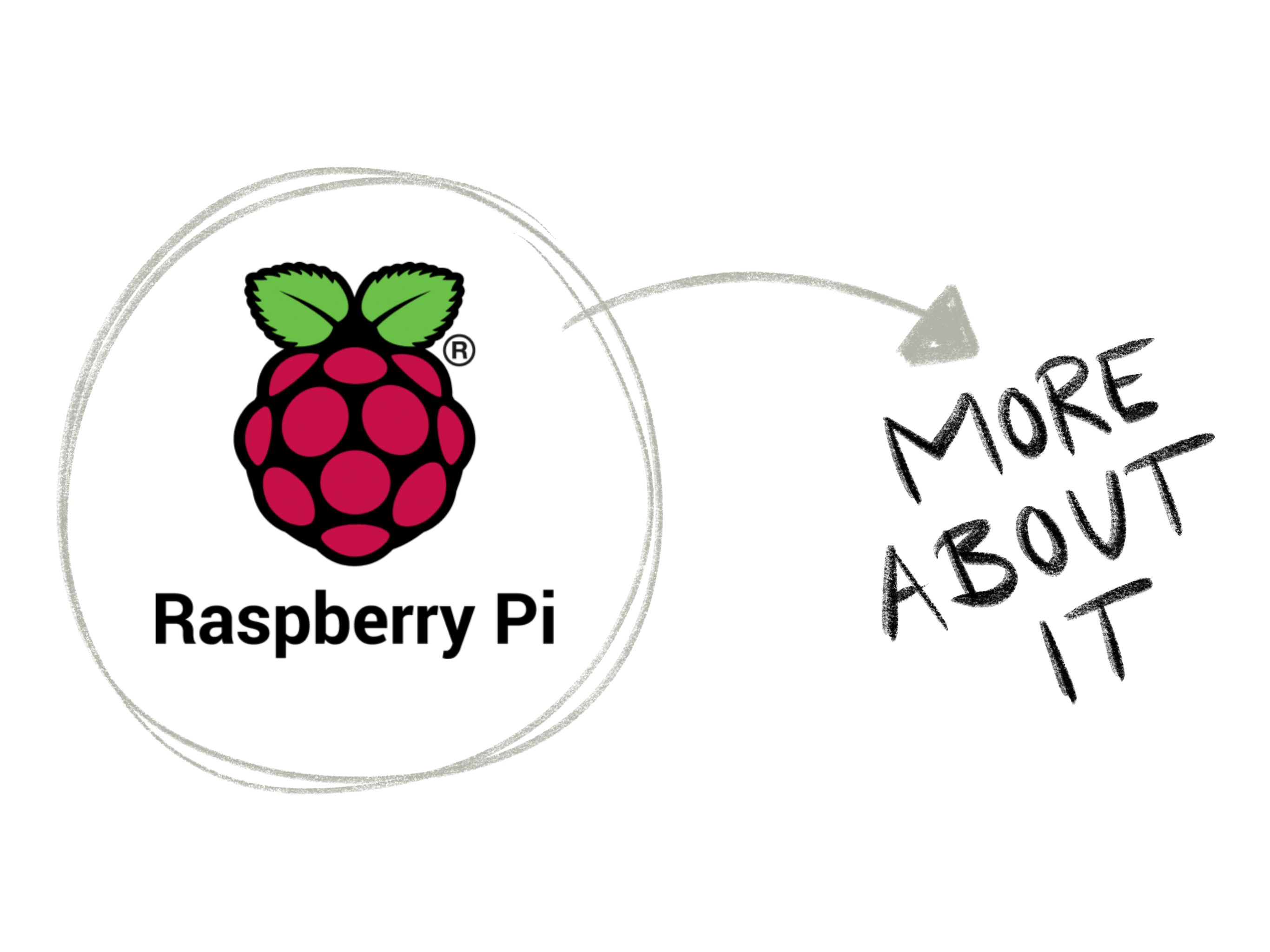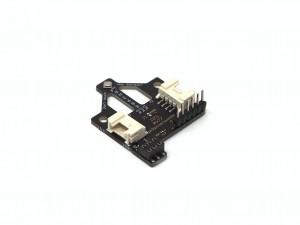the story behind pi3g
Back in 2012 the story of Maximilian and the Raspberry Pi started. He was excited when he got his first Pi and also saw the great potential for further development in it.
Then PiCockpit was born to make using and managing the Pi easier and more accessible for everyone.
Maximilian has always been interested in computers and believed that they are a lever to improve everything in the world - for example in medicine.
Over the years, Maximilian's work has grown and new fields of expertise have emerged...
working at pi3g


In our blog you can expect blog posts about technology and business topics, of course about the Raspberry Pi, but also a wide variety of topics related to Industrie 4.0, IoT, and machine learning - for example about the popular MQTT protocol, Python and Linux embedded development, and much more. Blog entries are not scheduled and not in particular order - the topics are an eclectic mix of what comes up in real life of a company engaged in machine learning & Raspberry Pi embedded adventures.
We are happy to write about special topics that are not so well-documented elsewhere.
If you have any suggestions, we are happy to discuss current topics with you and are always ready to brainstorm workable solutions with you.
How to manage a security breach on your server
Modern servers frequently run a multitude of software applications. In our case, we use Docker on the server to run multiple services. One of these services, Gitlab, had a security issue (gitlab workhorse more specifically). Which led to a trojan infection. (In our case, the binaries were called “wate” in case this matters to someone…
read moreUpdating Variant Images in Shopify using CSV
Shopify has a possibility to update fields using a CSV file. This is useful if you want to update a lot of images. Shopify will download these images from a remote server if necessary, so you can provide URLs of your choice. You only need to provide the values you want to update, along with…
read moreSplitting envoy envoy.yaml configuration into multiple files (Docker only)
I am handling four different ports / cases with Envoy: IPv6 http IPv4 http IPv6 https IPv4 https For IPv6 and IPv4 the configuration is the same, whereas for http there is a different configuration than for https. To realize this, I have split my envoy configuration into several snippets, and add them together during…
read more




